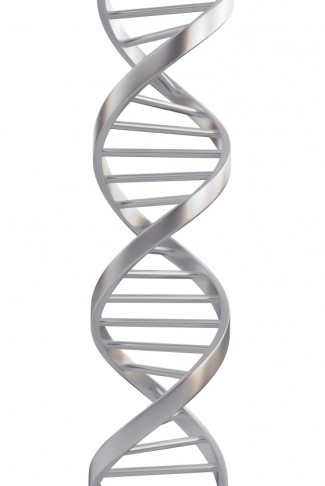Team:UC Davis
From 2013.igem.org
Arneckelmann (Talk | contribs) |
Arneckelmann (Talk | contribs) |
||
| Line 99: | Line 99: | ||
<a href="https://2013.igem.org/Team:UC_Davis/Project"><div> | <a href="https://2013.igem.org/Team:UC_Davis/Project"><div> | ||
| - | <img src="https://static.igem.org/mediawiki/2013/9/92/RiboTal.png" | + | <img src="https://static.igem.org/mediawiki/2013/9/92/RiboTal.png";> |
</div></a> | </div></a> | ||
<a href="https://2013.igem.org/Team:UC_Davis/Project"><h3>Project Background</h3></a> | <a href="https://2013.igem.org/Team:UC_Davis/Project"><h3>Project Background</h3></a> | ||
Revision as of 08:17, 24 September 2013

Welcome
 Welcome to the 2013 UC Davis iGEM Wiki!
Welcome to the 2013 UC Davis iGEM Wiki!
Over the summer, we created a novel class of transcription factors know as RiboTALs. They can be easily engineered to bind to any sequence of interest. By controlling RiboTALs' induction through riboswitches, we have demonstrated their ability to be regulated at the translational level. Also, by switching out the type of riboswitch, there is potential for the use of different inducers.
We also created a Biobrick Characterization Data Depot for more thorough characterization of the Registry's Biobricks. We hope that future iGEM teams may use this database to better understand a Biobrick's functionality.

Project BackgroundLearn about how we combine riboswitches and TALs into robust orthogonal mechanisms for inducible repression. |

ResultsCheck out the results of our experiments. |

Human PracticesTake a look at how we designed a new database for better raw data characterization of Biobricks. |
Judging CriteriaHere's the criteria that we met for this year's team. |
 "
"



